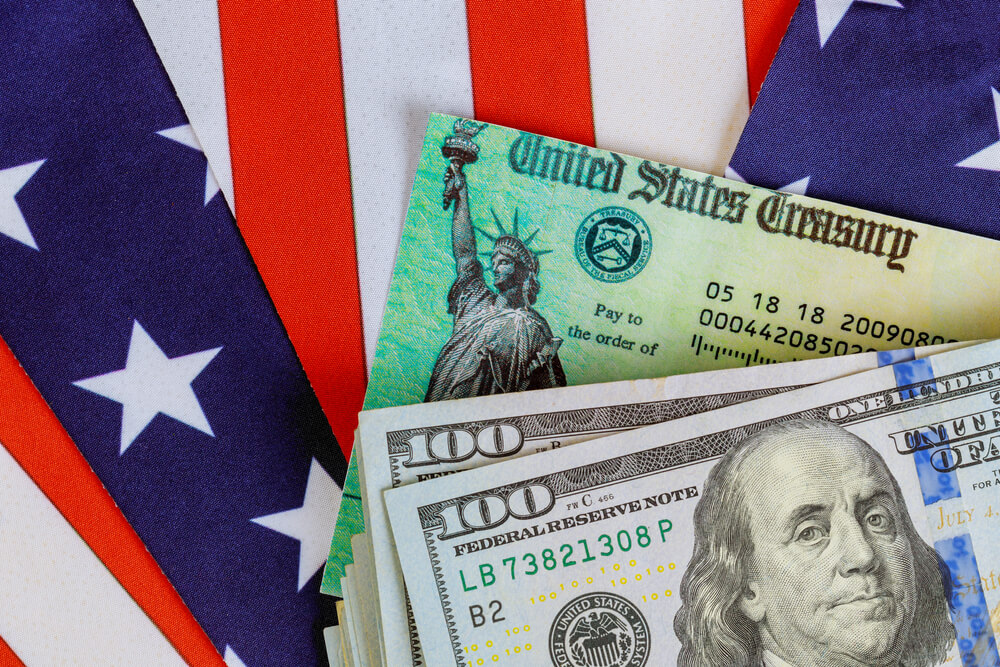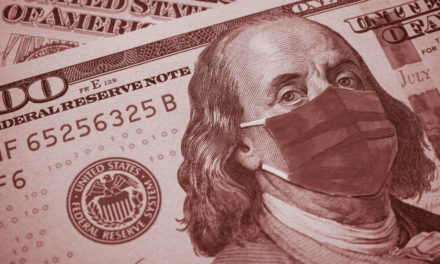U.S. senators will vote on Wednesday on a $2 trillion bipartisan package of legislation to alleviate the devastating economic impact of the coronavirus pandemic, hoping it will become law quickly so they can get out of Washington. What’s in the stimulus bill?
Top aides to Republican President Donald Trump and senior Senate Republicans and Democrats said they had agreed on the unprecedented stimulus bill in the early hours of Wednesday after five days of marathon talks.
“We’re going to pass this legislation later today,” Republican Senate Majority Leader Mitch McConnell said after the deal was announced early on Wednesday.
It was unclear how quickly Congress could get the package to Trump to sign into law.
What’s in the Stimulus Bill?
Here are major elements of the economic plan, which would be the largest such stimulus ever approved by Congress:
- About $500 billion in direct payments to people, in two waves of checks of up to $1,200 each. Additional payments for families with children could push the total to $3,000 for a family of four, according to Treasury Secretary Steven Mnuchin, who has played a key role in the negotiations. Payments would be reduced for high-income earners. Businesses owned by Trump, other administration officials or Congress members would not be eligible for assistance.
- Up to $500 billion in “liquidity assistance” for distressed industries, including hard-hit airlines. The fund would be overseen by an inspector general and a congressional oversight board. The treasury secretary would have to disclose transactions, and companies that participate in it would face restrictions on stock buybacks and executive pay.
- $250 billion to expand unemployment insurance. Payments would increase by up to $600 per week per worker, and laid-off workers would get those payments for up to four months, according to Senate Democratic Leader Chuck Schumer. Self-employed workers would also qualify for benefits.
- $350 billion in loans to small businesses, according to Republican Senator Marco Rubio, chairman of the Senate Small Business Committee.
- $100 billion for hospitals and other elements of the healthcare system, according to Schumer.
- $150 billion for state, local and Native American tribal governments, according to Schumer.
- $30 billion for education, according to Schumer.
- $25 billion for mass transit systems, according to Schumer.
- $30 billion in disaster aid for local governments and nonprofits, according to Schumer.
© Copyright Thomson Reuters 2020.




